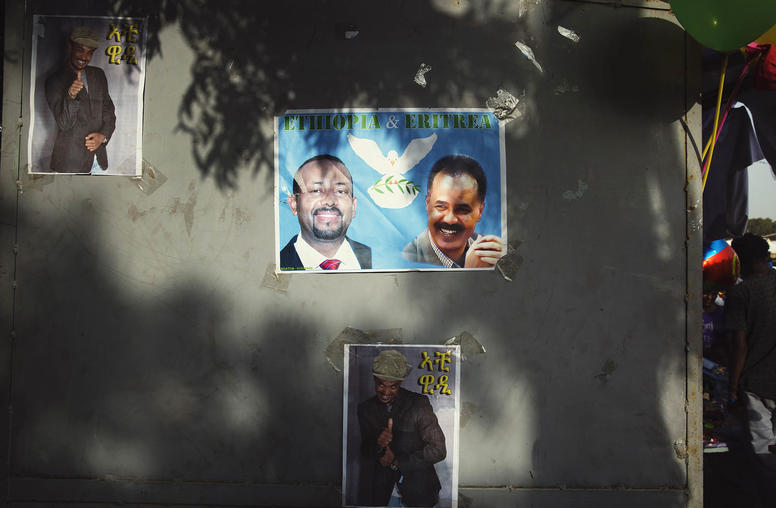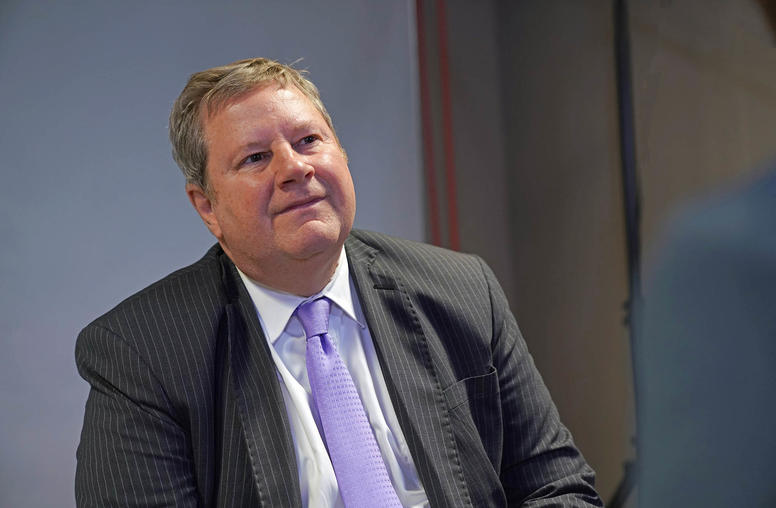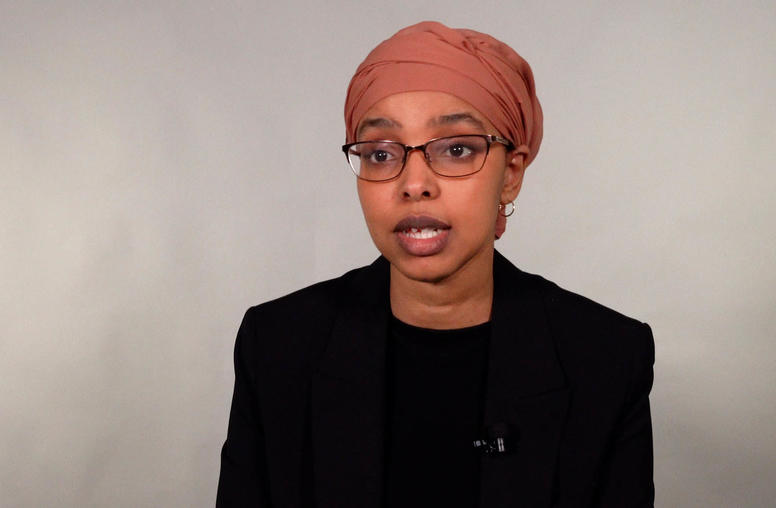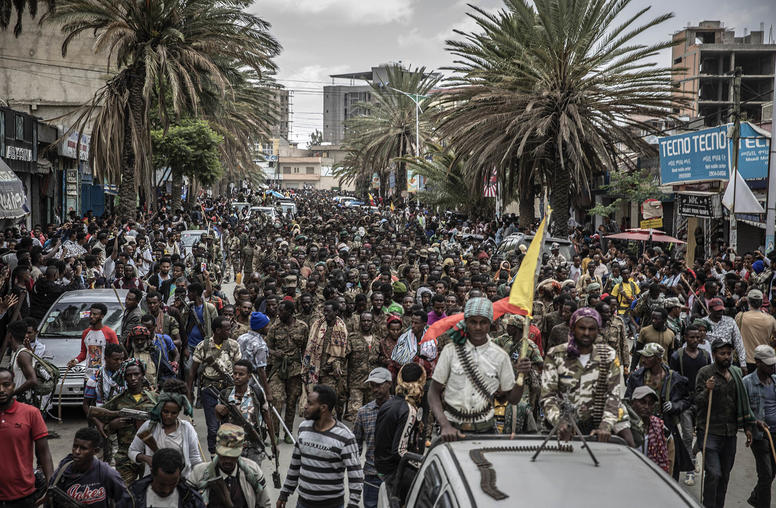A Changing Ethiopia: Lessons from U.S. Diplomatic Engagement
Amid political transition, learning from past bilateral engagement is crucial
Read the Event CoverageWith more than 100 million people, Ethiopia is one of Africa’s most important and populous countries. Recent changes in political leadership have heralded widely welcomed political and economic reforms, at home and abroad. Yet amid the positivity, Ethiopia faces notable challenges: many reforms remain transitory, the country’s broader national stability is being tested, and its internal politics disputed. Given the historically strong bilateral relationship with Ethiopia, how the United States responds and supports the transition in Ethiopia will be hugely significant for the country’s future.
During this crucial period of reform and uncertainty in Ethiopia, the U.S. Institute of Peace hosted a distinguished panel who reflected on their experiences as serving diplomats in Ethiopia, and identified what lessons are relevant to engagement with Ethiopia today.
Participants
Ambassador Johnnie Carson, opening remarks
Senior Advisor to the President, U.S. Institute of Peace
Ambassador Marc Baas,
U.S. Ambassador to Ethiopia, 1992-1994
Ambassador David Shinn
U.S. Ambassador to Ethiopia, 1996-1999; Adjunct Professor, Elliott School of International Affairs, George Washington University
Ambassador Aurelia Brazeal
U.S. Ambassador to Ethiopia, 2002-2005
Ambassador Donald Booth
U.S. Ambassador to Ethiopia, 2010-2013
Susan Stigant
Director, Africa Program, U.S. Institute of Peace
Aly Verjee, moderator
Senior Advisor, Africa Program, U.S. Institute of Peace



